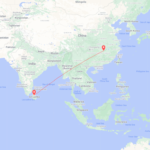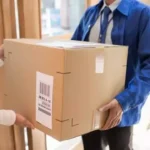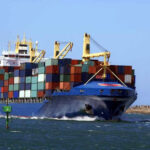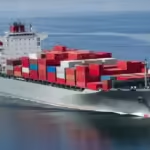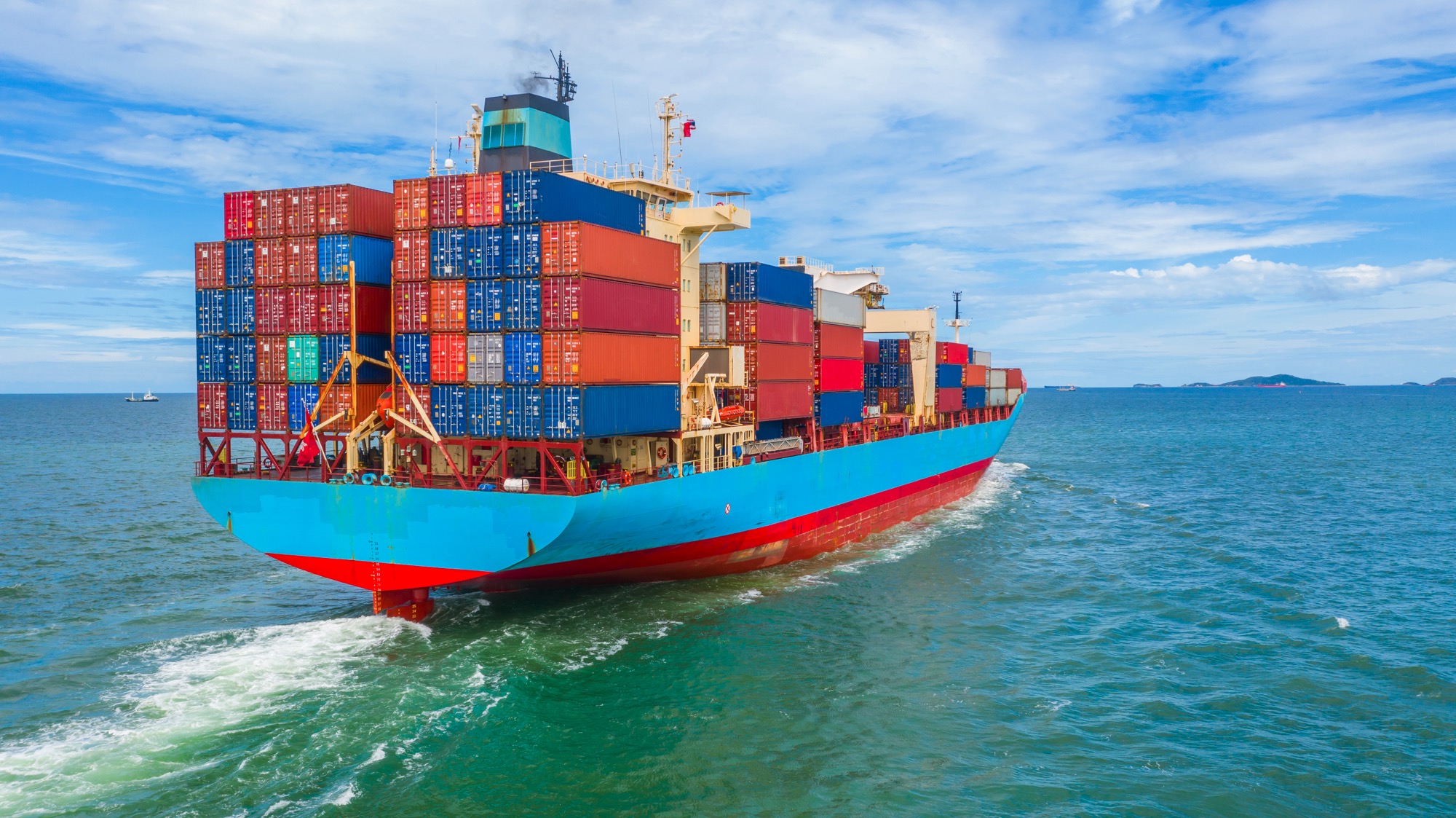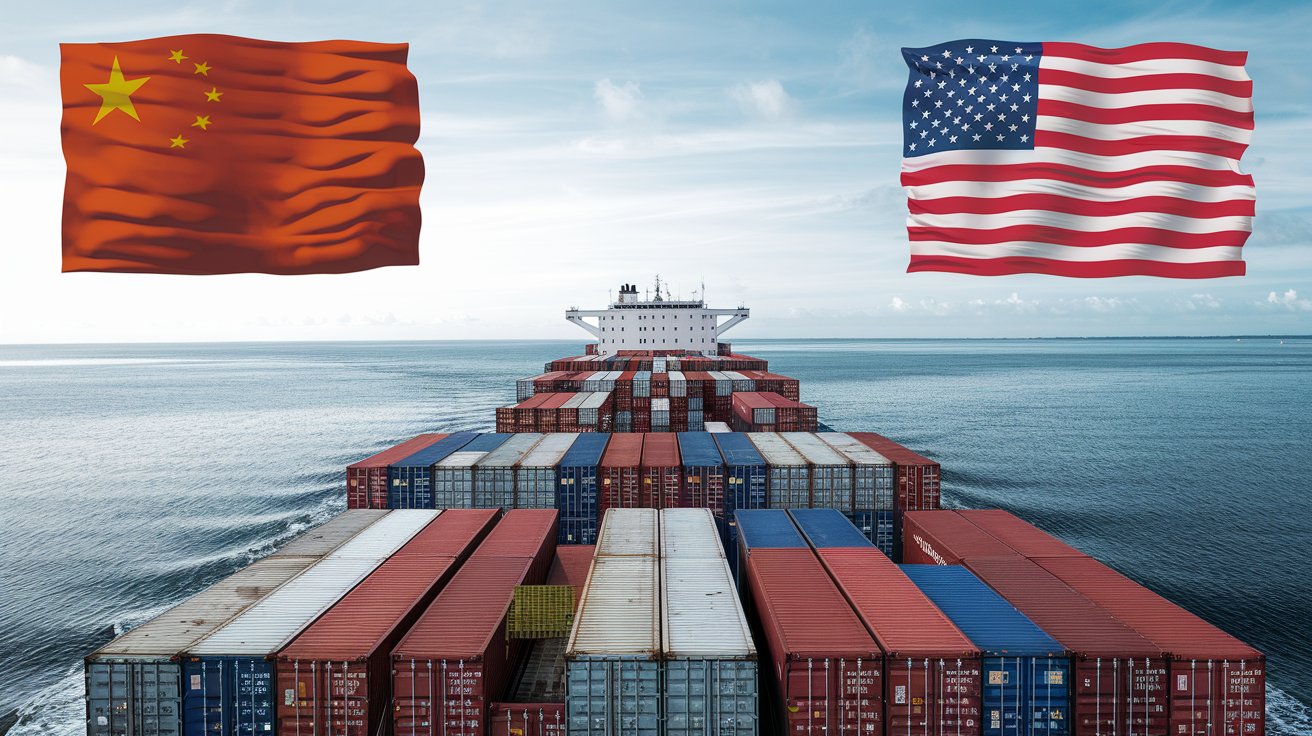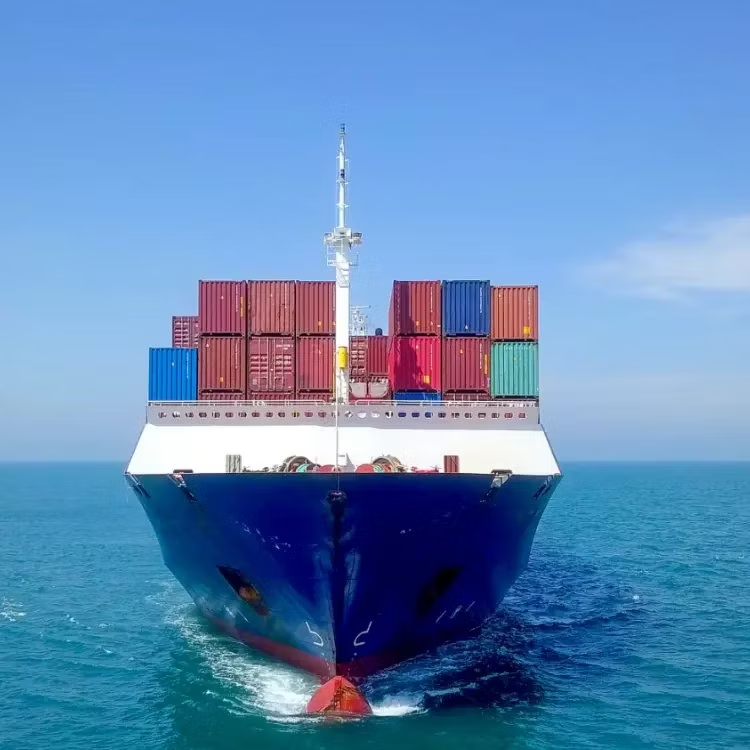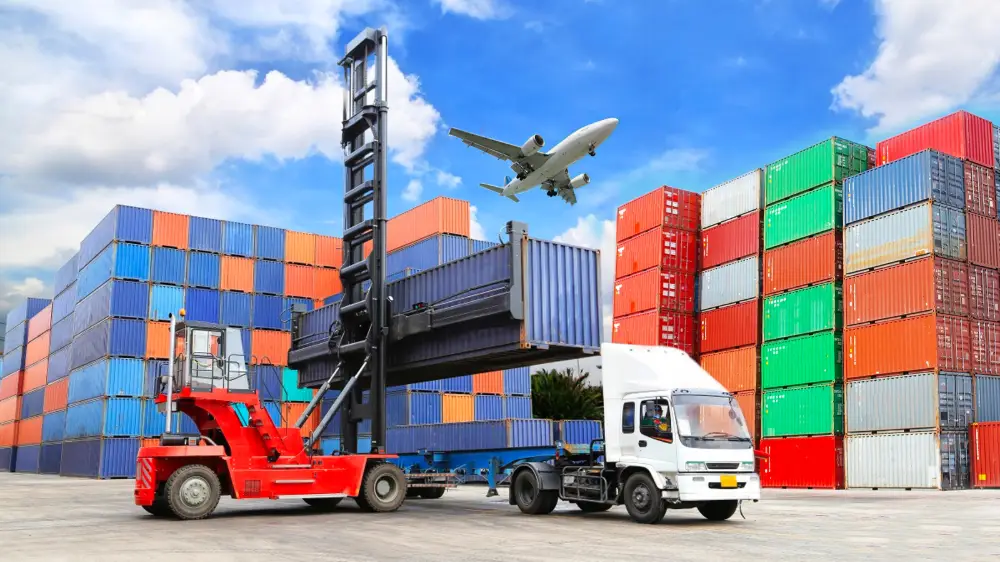Navigating the logistics of importing goods from China to Sri Lanka can be a complex undertaking, but understanding the benefits and processes of sea freight can simplify your journey. As one of the most cost-effective and reliable shipping methods available, sea freight offers unique advantages for businesses looking to transport large volumes of goods economically. From accommodating substantial shipments to providing versatile container options, this guide will explore essential insights into the world of sea freight, including service types, cost considerations, transit times, and key factors influencing shipping efficiency. Whether you’re a seasoned trader or new to the international shipping landscape, this comprehensive guide is designed to equip you with the knowledge needed to optimize your logistics strategy effectively.
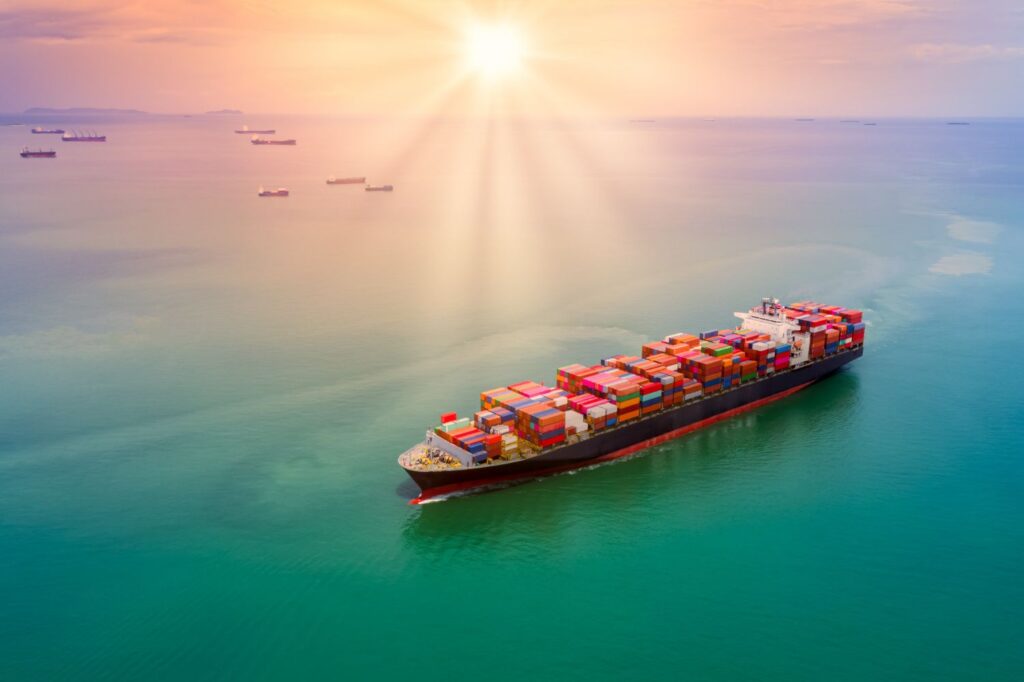
Why Choose Sea Freight for Shipping from China to Sri Lanka?
Cost-Effective
When it comes to shipping goods internationally, cost is a major consideration for businesses and traders. Sea freight is widely recognized as one of the most economical options for transporting goods from China to Sri Lanka. Compared to air freight, sea freight rates are significantly lower, especially for bulky and heavy items. This is due to the lower operational costs associated with shipping vessels, making it an ideal choice for businesses looking to cut down on shipping expenses without compromising service quality. Given that shipping costs are a crucial component of overall logistics expenses, utilizing sea freight can enhance profitability for businesses importing goods.
Accommodates Large Shipments
Another compelling reason to choose sea freight for shipping from China to Sri Lanka is its ability to handle large shipments effectively. Most shipping containers come in standard sizes, such as 20ft and 40ft, allowing businesses to transport substantial volumes of goods in a single shipment. Such capacity is particularly beneficial for manufacturers or wholesalers that need to import stock in bulk to meet market demands. By consolidating shipments, businesses can optimize their supply chains, reduce the frequency of shipments, and ultimately save on logistics costs.
Versatile Container Options
The versatility of container options available in sea freight is a significant advantage for importers. Depending on the nature of the goods being transported, shippers can choose from various container types tailored to specific needs. For instance:
- Standard containers are commonly used for general cargo.
- Reefer containers are designed for perishable items and provide temperature control.
- Open-top containers are suitable for oversized cargo that cannot fit into standard containers.
This variety enables businesses to select the most appropriate container type for their goods, ensuring optimal handling and transport.
Reliable Transit Times
While sea freight may not be as swift as air freight, it offers reliable transit times, making it a dependable choice for importers. Shipping schedules for vessels are generally consistent, allowing businesses to plan their inventory and supply chain logistics effectively. Reliable transit times also help in maintaining production schedules and ensuring that goods arrive when needed. For many businesses, the predictability of sea freight outweighs the need for speed, particularly when dealing with large shipments or bulk orders.
Environmentally Friendly
In today’s competitive market, sustainability is increasingly becoming a priority for many businesses. Sea freight is recognized as one of the most environmentally friendly modes of transportation available. Shipping by sea produces significantly lower CO2 emissions per ton-mile compared to air freight. This reduced carbon footprint is favorable not only for the environment but also serves as a positive marketing point for businesses aiming to appeal to environmentally conscious consumers. Choosing sea freight contributes to a more sustainable supply chain and aligns with corporate social responsibility initiatives.
Reduced Risk of Damage
An often-overlooked advantage of sea freight is its ability to minimize the risk of damage during transportation. The handling processes involved in sea shipping, including the use of sturdy containers and careful loading practices, significantly reduce the likelihood of cargo being damaged. Additionally, sea transport is generally less stressful on goods compared to air transport, which involves rapid acceleration and deceleration. For businesses that import fragile items or sensitive materials, opting for sea freight can lead to lower rates of product loss and a better overall customer experience.
Types of Sea Freight Services
Understanding the types of sea freight services available is crucial for businesses importing goods from China to Sri Lanka. Each service has its own advantages and is suited to different shipping needs.
Less Than Container Load (LCL)
Less Than Container Load (LCL) is ideal for smaller shipments that do not require the use of an entire container. In this arrangement, multiple shippers share space within a single container, allowing businesses to benefit from reduced shipping costs while still effectively transporting their goods. This service is especially useful for startups and small businesses that may not have the volume to justify a full container. By consolidating shipments, businesses can optimize their logistics budget and enjoy flexibility in their shipping schedules.
Full Container Load (FCL)
For larger shipments, Full Container Load (FCL) is the preferred service. In this scenario, the entire container is dedicated to one shipper, providing exclusive use of the container space. FCL is particularly beneficial for businesses with high-volume shipments or those transporting bulky goods that require special handling. This service not only ensures faster transit times but also simplifies the logistics process, as the entire shipment is managed by a single shipper. Businesses that frequently import goods from China may find FCL to be a more efficient and straightforward solution for their shipping needs.
Incorporating these insights into your logistics strategy can enhance your supply chain efficiency. For tailored logistics solutions and professional guidance, consider partnering with a reputable freight forwarder like Dantful International Logistics, which offers cost-effective and high-quality services for global traders. Whether you choose door-to-door shipping, insurance services, or specialized customs clearance, Dantful is committed to meeting your needs in international logistics.
Read More:
- Shipping From China to the United States
- Shipping From China TO CANADA
- Shipping From China To Netherlands
- Shipping From China To UNITED KINGDOM
- Shipping From China To ALGERIA
- Shipping from China to UAE
- Shipping from China to Saudi Arabia
Factors Affecting Sea Freight Costs and Delivery Times
Shipping Ports
The choice of shipping ports plays a crucial role in determining both transit times and overall freight costs when shipping goods from China to Sri Lanka. Major ports in China, such as Shanghai, Shenzhen, and Ningbo, are equipped with advanced facilities and infrastructure that facilitate efficient loading and unloading of containers. Similarly, the port of Colombo is the primary gateway in Sri Lanka, known for its strategic location and operational efficiency.
The distance between the ports, along with the frequency of sailing schedules, can significantly impact delivery times. Below is a comparative table showcasing major ports in China and Sri Lanka and their impact on transit times:
| Port of Origin (China) | Port of Destination (Sri Lanka) | Typical Transit Time |
|---|---|---|
| Shanghai | Colombo | 20-25 days |
| Shenzhen | Colombo | 20-25 days |
| Ningbo | Colombo | 22-28 days |
| Qingdao | Colombo | 25-30 days |
| Xiamen | Colombo | 25-30 days |
The variability in transit times is influenced by factors like shipping routes, port congestion, and logistical efficiencies, which are essential for businesses to consider when planning their shipments.
Shipment Size and Weight
The size and weight of the shipment directly impact sea freight costs. Carriers typically charge based on the dimensions of the cargo or its weight, whichever is greater. The shipping method—whether LCL (Less Than Container Load) or FCL (Full Container Load)—also plays a role in determining costs.
- LCL shipments are charged based on the volume of the cargo, and shippers share the container space with other consignments, which can make costs more manageable for smaller shipments.
- FCL shipments incur a flat rate for the entire container, making it more cost-effective for larger shipments, especially when the volume approaches that of a full container.
Understanding these weight and size dynamics is crucial for importers to optimize their shipping costs effectively.
Commodity Type
The commodity type being shipped can significantly influence freight costs and logistics requirements. Certain goods have restrictions or special handling needs which can lead to additional costs.
- Hazardous materials: Transporting dangerous goods requires compliance with strict regulations, including special packaging and labeling, as well as additional fees due to the increased risk involved.
- Perishable items: Goods that require temperature control, such as food products, may need to be shipped in reefer containers, which are more expensive than standard containers.
It is essential for businesses to be aware of these factors when planning their import strategies to avoid unexpected costs and delays.
Sea Freight Costs from China to Sri Lanka
Cost per Container
The costs associated with shipping containers from China to Sri Lanka can vary significantly based on various factors, including the container size and the specific port pair used. Below is a comparative table illustrating the average costs for 20ft and 40ft containers:
| Container Size | Port Pair (China to Sri Lanka) | Average Cost (USD) |
|---|---|---|
| 20ft Container | Shanghai to Colombo | $1,200 – $1,600 |
| 20ft Container | Shenzhen to Colombo | $1,250 – $1,650 |
| 40ft Container | Shanghai to Colombo | $2,200 – $2,800 |
| 40ft Container | Shenzhen to Colombo | $2,300 – $2,900 |
These rates can fluctuate based on fuel prices, demand, and seasonal variations, emphasizing the importance of timely freight planning.
Additional Fees and Charges
In addition to the basic cost of shipping, importers need to consider various additional fees and charges that may apply when shipping goods from China to Sri Lanka. Understanding these fees can help businesses budget more accurately for their overall logistics expenses:
- Customs duties and taxes: Required payments to the government for goods imported into Sri Lanka. The rates vary based on the type of goods and their declared value.
- Documentation fees: Charges for completing necessary shipping documents, such as bills of lading and customs declarations.
- Handling and storage costs: Fees incurred for loading, unloading, and storing goods at ports, especially if there are delays in customs clearance.
By accounting for these additional costs, businesses can gain a clearer picture of their overall shipping expenses and ensure they are adequately prepared for the financial aspects of international logistics.
For businesses seeking efficient and reliable logistics solutions, Dantful International Logistics provides comprehensive services, including customs clearance, insurance services, and door-to-door shipping. Partnering with a trusted freight forwarder like Dantful can streamline your shipping process and help you navigate the complexities of international trade.
Sea Freight Transit Times from China to Sri Lanka
Port-to-Port Delivery
When shipping goods from China to Sri Lanka, port-to-port delivery times are a critical factor for businesses aiming to maintain efficient supply chains. The transit time can vary significantly based on the specific ports involved in the shipment. Below are typical transit times for major port pairs:
| Port of Origin (China) | Port of Destination (Sri Lanka) | Typical Transit Time |
|---|---|---|
| Shanghai | Colombo | 20-25 days |
| Shenzhen | Colombo | 20-25 days |
| Ningbo | Colombo | 22-28 days |
| Qingdao | Colombo | 25-30 days |
| Xiamen | Colombo | 25-30 days |
Factors affecting port-to-port delivery times include:
- Vessel schedules: The frequency of sailings and the reliability of the shipping line can impact how quickly goods are transported.
- Port congestion: Delays due to congestion at ports, often a result of high volumes of cargo or operational inefficiencies.
- Weather conditions: Adverse weather can delay shipping schedules and impact transit times.
Understanding these factors is essential for businesses to accurately project delivery timelines and manage inventory effectively.
Door-to-Door Delivery
A door-to-door delivery service encompasses every stage of the shipping process, from the seller’s location in China to the buyer’s location in Sri Lanka. This method presents several advantages, notably the importance of efficient customs clearance and the impact of last-mile delivery.
Importance of Efficient Customs Clearance
Efficient customs clearance is critical in minimizing delays and ensuring compliance with local regulations. A reliable freight forwarder will handle all customs documentation, duties, and taxes, streamlining the process and facilitating a smoother transit experience. Delays in customs can have a significant cascading effect on delivery schedules, making it imperative for businesses to partner with freight forwarders who have robust customs expertise.
Impact of Last-Mile Delivery
Last-mile delivery is the final step in the logistics chain, involving the transportation of goods from a distribution center to the final delivery location. This stage can significantly affect overall transit times due to factors such as:
- Local infrastructure: The quality of roads and transportation facilities can impact delivery speed.
- Traffic conditions: Urban areas may experience heavier traffic, leading to potential delays.
- Delivery logistics: Efficient route planning and scheduling can enhance last-mile delivery effectiveness.
Ensuring smooth last-mile delivery is vital for customer satisfaction and overall service quality, making it essential for businesses to consider how their logistics partners manage this critical phase.
Choosing a Reliable Freight Forwarder
Selecting a freight forwarder is an important decision that can significantly affect the success of your logistics operations. Several key factors should be considered when choosing a reliable partner in the China-Sri Lanka trade route.
Experience in China-Sri Lanka Trade
Experience in the specific trade route between China and Sri Lanka is essential for a freight forwarder. A knowledgeable partner will possess valuable insights into the intricacies of this market, including:
- Regulatory compliance: Understanding local laws, customs regulations, and import/export requirements to ensure smooth shipping operations.
- Market trends: Familiarity with demand fluctuations, seasonal requirements, and shipping schedules to optimize logistics planning.
Choosing a freight forwarder with a proven track record in this trade will enhance the likelihood of successful and timely deliveries.
Service Quality and Customer Support
The quality of service and customer support offered by a freight forwarder plays a pivotal role in overall satisfaction and operational success. Factors to consider include:
- Communication: A responsive freight forwarder will keep clients informed throughout the shipping process, providing updates on transit status, potential delays, and any issues that may arise.
- Personalized services: The ability to tailor services according to specific business needs and requirements can enhance logistics efficiency.
A freight forwarder that prioritizes service quality will foster a better partnership, ultimately contributing to smoother shipping operations.
Customs Clearance Expertise
Given the complexities involved in international shipping, expertise in customs clearance is a vital consideration when selecting a freight forwarder. A proficient partner should have:
- Knowledge of regulatory requirements: Understanding local customs regulations and practices to avoid compliance issues and delays.
- Established relationships with authorities: Strong connections with customs officials can lead to expedited clearance processes and fewer complications.
Ensuring that your freight forwarder possesses strong customs clearance expertise can significantly impact delivery timelines and overall logistics efficiency.
For businesses looking to optimize their shipping processes from China to Sri Lanka, partnering with a reputable freight forwarder like Dantful International Logistics can provide invaluable support and expertise. Dantful’s commitment to cost-effective, high-quality services, and customs clearance proficiency makes it a trusted partner for global traders navigating the complexities of international shipping.
Dantful International Logistics Services:
- Dantful Ocean Freight Services
- Air Freight From China
- Amazon FBA Freight Forwarding
- WAREHOUSE Services
- One-Stop Customs Clearance Solution
- Cargo Insurance Services in China
- DDP Shipping Services By Dantful Logistics
- Out of Gauge Cargo Transportation Shipping Services

Young Chiu is a seasoned logistics expert with over 15 years of experience in international freight forwarding and supply chain management. As CEO of Dantful International Logistics, Young is dedicated to providing valuable insights and practical advice to businesses navigating the complexities of global shipping.

